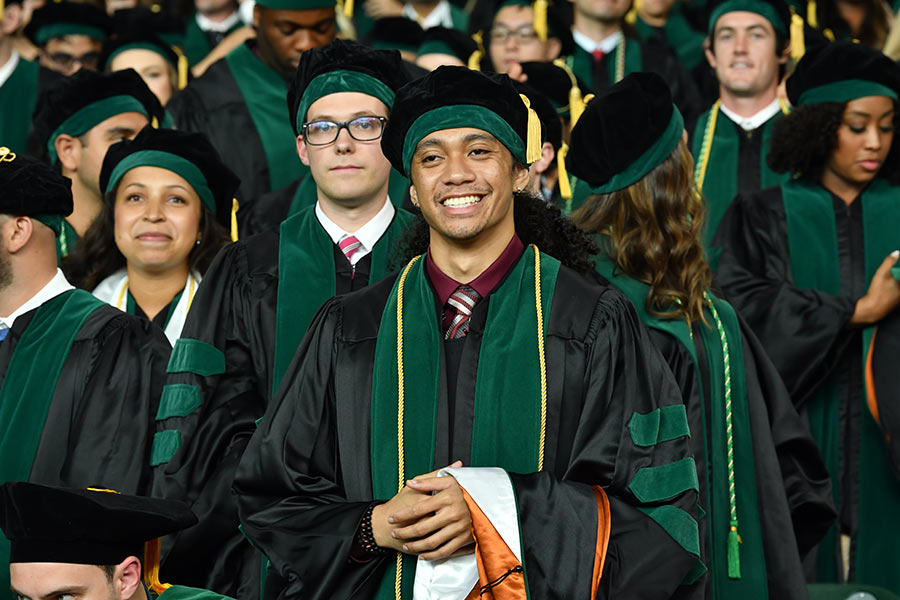Turning Pro at McGovern Medical School

 “Professionalism” or “being a pro” means many different things at different times.
“Professionalism” or “being a pro” means many different things at different times.
A young parent with a young child who likes sports may wonder if they can someday make it in the big leagues, or “turn pro.” Getting an audition with a major orchestra may be the big chance to “go pro.”
At the point in which we graduate from medical school and start a residency, we are paid to be doctors. Is that all there is to “being a professional” doctor?

When we consider professionalism, we typically focus on the skills, values, and behaviors for which we must show our competence: being on time, staying current with medical knowledge and skills, being respectful and maintaining composure during difficulty, completing assignments on time, being fiscally responsible, etc. Proving and maintaining our knowledge and technical expertise builds trust. Society sees our certifications as proof we can be trusted. But, is that all it means to be a doctor?
Education toward professionalism is more than competency. It requires a lifelong transformational change in how we think, act, and feel as doctors. This “professional formation” is shaped by the community in which we are surrounded. Our co-workers, our patients, our family, and our colleagues in other institutions shape us more than any lecture or skills lab.
How is McGovern Medical School creating transformational change to help us Turn Pro?
This series will explore the myriad of ways McGovern Medical School is educating for life-long transformational change, so we are individually and collectively highly competent, adaptable, committed to values, and guided to having meaningful lives.
Upcoming Turning Pro at McGovern Medical School features:
- The learning environment, or “work environment” is where the “rubber meets the road.” Vineeth John, MD, professor in the Louis A. Faillace, MD, Department of Psychiatry and Behavioral Sciences, and vice chair for education, will describe efforts to grow a psychologically safe and optimistic environment for clinical care and learning.
- Developing interplay between clinical practice, ethics and humanities is foundational to growing our capacity as healers. Dr. John McGovern saw the essential value of humanistic education and inspired the formation of the McGovern Center for Humanities and Ethics. Nathan Carlin, PhD, professor, director and Samuel E. Karff Chair of the McGovern Center, will describe the center’s role in supporting our professional growth.
- Creating curriculum that allows students to explicitly focus on their identities as professionals is blossoming at McGovern Medical School. Anson Koshy, MD, adjunct associate professor in the McGovern Center, will describe the undergraduate and GME efforts in teaching professional identity formation and incorporating humanities.
- Shivika Chandra, MD, assistant professor in the Department of Neurology, will describe how the neurology clerkship “Reflection in Neurology” exercises introduce students to the concepts and benefits of critical reflection in medicine, a skill that is essential to deal with the difficult times when we are not able to achieve good outcomes for our patients.